Office Hours Recording: Chapters 3 & 4
In this Office Hours webinar, we were joined by Molly Bohlman, Winemaker at Niner Wine Estates and Craig Macmillan, Critical Resource Manager at Niner Wine Estates to go over two SIP Certified Standards chapters:
• Ch. 3: Winery Facility Establishment & Management
• Ch 4: Vineyard Soil Conservation & Surface Water Quality
Summary & Resources
Introduction
Chapter 3
*Requirements
You could be working with a new facility or an existing one - that's why this chapter has a lot of Management Enhancements (ME), as they allow for flexibility when it comes to earning points.
If you're working with an existing facility:
- Find someone who has institutional knowledge about the facility's construction.
- Work with a consultant to help grab some of the ME points.
- Don't sweat it if you can't grab a ton of points here! You can always pick up extra ME points in other chapters.
- *3.1.1: Your ventilation system(s) must be designed to handle all chemicals and gasses involved in wine production.
- Fume hoods in the lab, exhaust fans and ensuring proper airflow in chemical storage rooms.
- Designated or portable fans can be used to evacuate CO2.
- 3.1.3: Is your building located to take advantage of solar orientation for daylighting, passive heating and/or cooling, etc.?
- For existing buildings that didn't incorporate this into design, you can receive your fruit deliveries on the shady-side of the building.
- 3.1.5: Does the building have glazing, high U-value, or other high efficiency windows installed and/or solar shading?
- You can grab these points by applying a glazing/solar shading on your existing windows!
Chapter 4
*Requirements
- *4.1.1: The soil must be sampled and tested at least every five years for nutrient content and monitored for pH, Electrical Conductivity (EC), and toxicities.
- Work with a CCA or PCA on soil samples.
- Labs have sampling protocols on their websites
- 4.1.2: Do you use tractors and/or vineyard equipment that minimize soil compaction, such as high floatation tires, track-layers, or over the row equipment?
- Start by looking at your tire's tractors - high-flotation are common retrofits!
- 4.1.3: Is your soil amendment program based on visual, tissue, water, and soil sampling?
- 4.1.4: If there is a soil permeability problem, have management practices been used to improve water infiltration?
- Gypsum can help.
- Compost can improve soil permiability over time.
- Roots in the soil help improve soil permiability (weeds, covercrops, etc.).
- 4.1.5: If soil tests reveal increases in salt content as measured by electrical conductivity (EC), have you taken corrective action?
- Some areas have salty soils and salty water! A professional can help you come up with an action plan.
- Stay tuned for Episode #217 of the Sustainable Winegrowing podcast!
- 4.1.7: Are pesticide storage facilities designed for containment of spills?
- If your shed wasn't built with a containment wall, you can build a berm around your storage shed.
- 4.1.8: Do you store liquid materials separately from dry materials, and are dry materials elevated above the spill zone?
- Could be as simple as putting liquid and dry matierals on opposite sides of the shed.
- Or, store them in separate sheds.
- 4.1.9: Is mixing and loading performed on sites with low runoff hazard?
- Don't load next to streams or on slopes.
- Find an area that is away from where people normally work.
- *4.2.1: You must know the watershed and subwatershed where your vineyard is located.
- Use the Find your watershed link in the standard.
- *4.2.2: A winter cover crop (resident or planted) must be maintained.
- Take your photos!
- Do your winterization right after harvest! Cover crops (*4.2.2), practices to minimize offsite movement of sediment (*4.2.3), etc.
Reach out!
We are here to help answer your questions and get the resources you need to achieve SIP Certified. Please be sure to name a Standard by number (e.g. 5.4.1) when you reach out.
Sign up for the next Office Hours...
... on January 11 from 11:00 am to 11:30 am PST to review Chapter 9: Pest Management and Chapter 11: Social Equity.
Click here to register!

